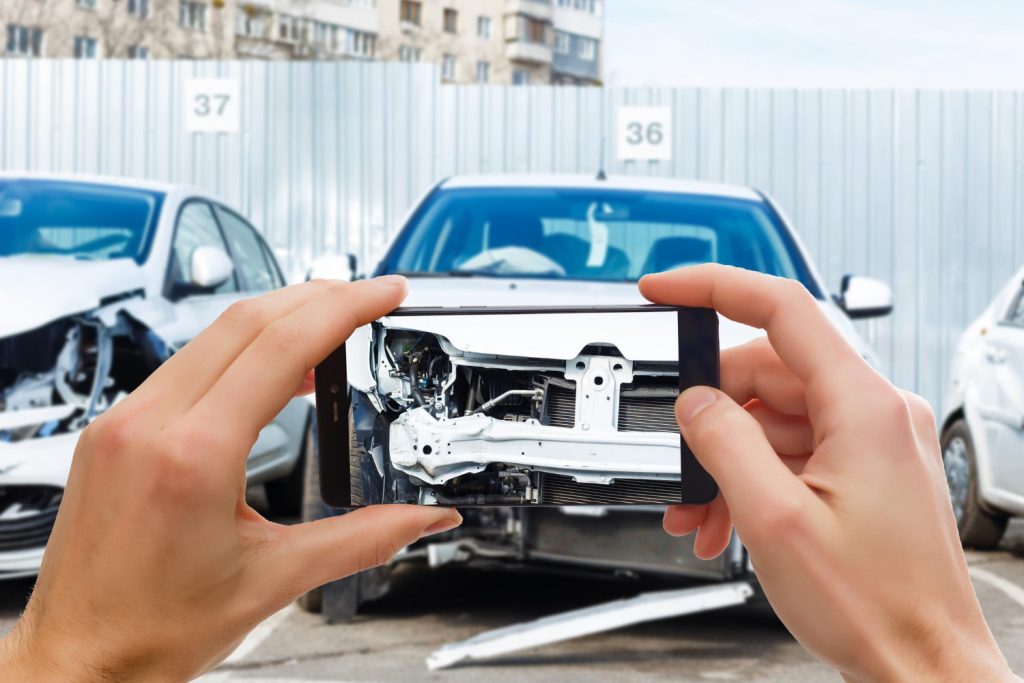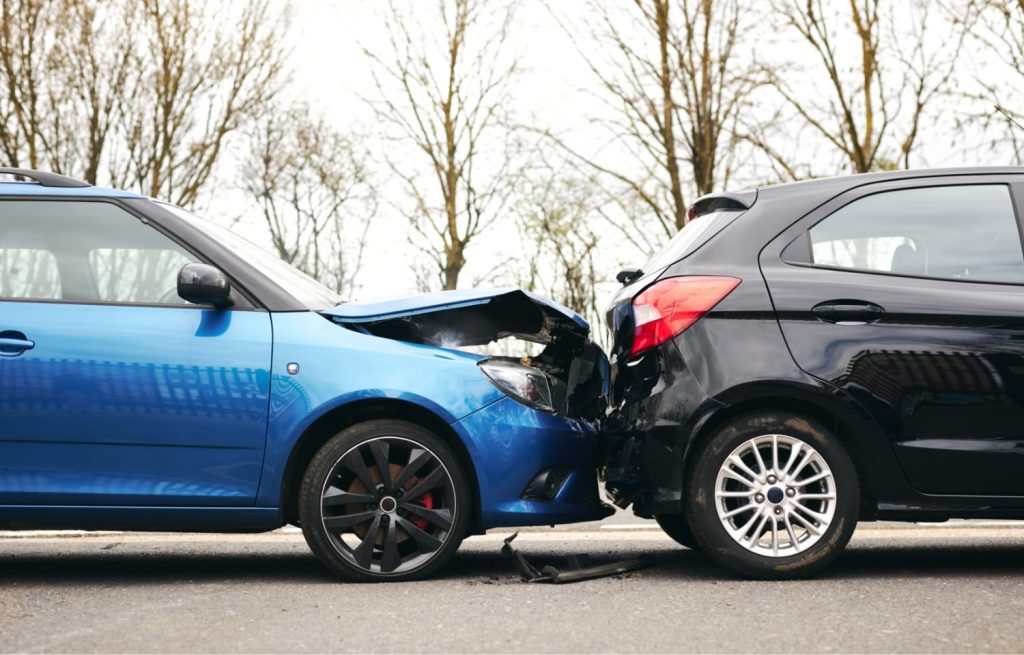How Comparative Negligence Affects Car Accident Claims
Comparative negligence is a legal principle frequently used in car accident claims to determine the degree to which each party involved in the accident contributed to the incident. This determination can have a significant impact on the amount of compensation that each party is entitled to receive.
Under comparative negligence, the court allocates a percentage of fault to each party involved in the accident based on their actions leading up to the accident. For example, if a driver was speeding and ran a red light, but the other driver failed to signal before turning, the court may find the first driver 80% at fault and the second driver 20% at fault.
It is worth noting that comparative negligence laws vary from state to state, and there are different types of comparative negligence to consider. However, the underlying principle remains the same – the court will evaluate the actions of each party involved in the accident and assign them a degree of fault.
The Impact of Comparative Negligence on Compensation in Car Accident Claims in Florida
Florida operates under a pure comparative negligence system when it comes to car accident claims. This means that even if a party was found to be mostly at fault for the accident, they could still receive compensation for their damages.
In Florida, the compensation a party can receive is determined by their percentage of fault. For example, if a party was found to be 30% at fault for the accident, their compensation would be reduced by 30%. The process of determining fault and liability can sometimes be complex and require skilled legal representation. If you find yourself in such a situation, you should contact an experienced car accident lawyer in Florida immediately.
Each party involved in the accident may argue that the other party was more at fault, and the court will have to weigh the evidence and determine each party’s percentage of fault. Moreover, Florida is a no-fault insurance state, meaning that each party involved in the accident will usually seek compensation from their own insurance company rather than from the other party’s insurance company. However, if the damages resulting from the accident exceed a certain threshold, a party may be able to file a claim against the other party’s insurance company.
Overall, the impact of comparative negligence on compensation in car accident claims in Florida can be significant, and it’s crucial to have competent legal representation to navigate the complex legal landscape. An experienced car accident attorney can help you gather the evidence you need to prove your case and maximize your compensation.
Navigating the Legal System When Dealing With Comparative Negligence in Car Accident Claims
Dealing with comparative negligence in car accident claims can be a daunting experience. Here are some tips on how to navigate the legal system;
- Hire an Attorney: It’s essential to hire an attorney who has experience dealing with comparative negligence claims. A qualified Florida accident attorney can help you understand the legal process, collect evidence, and negotiate with the insurance company on your behalf.
- Collect Evidence: Gathering evidence is critical in proving your case. Take pictures of the accident scene, gather witness statements, and get a copy of the police report. Your car accident attorney can help you gather the evidence you need to prove your case.
- File a Claim: It’s important to file a claim with your insurance company as soon as possible after the accident. Your insurance company will investigate the claim and determine each party’s degree of fault.
- Negotiate: Negotiation is a crucial part of the legal process, and with insurance companies involved, it can sometimes be complex. Your attorney can negotiate with the insurance company to ensure that you receive fair compensation for your damages.
- Be Prepared for Trial: If negotiation fails, you may need to go to trial. The option of going to trial should, however, not scare you. With the help of an experienced car accident lawyer in Florida, you are good to go.
Frequently Asked Questions About How Comparative Negligence Affects Car Accident Claims and Their Answers
What is comparative negligence?
Comparative negligence is a legal concept that determines how fault is apportioned in a car accident. Under comparative negligence, each party’s degree of fault is evaluated, and the compensation they receive is reduced accordingly.
How does comparative negligence affect car accident claims?
Comparative negligence can have a significant impact on car accident claims. It affects how compensation is determined and may reduce the amount of payment that an injured party can receive.
What is the role of insurance companies in comparative negligence cases?
Insurance companies play a critical role in comparative negligence cases. They investigate the accident, determine each party’s degree of fault, and negotiate a settlement. If they cannot settle, the case may go to trial.
What happens if both parties are found to be partially at fault in a car accident?
If both parties are found to be partially at fault, the compensation will be apportioned based on each party’s degree of fault.
How can someone prove their degree of fault in a car accident claim?
Evidence such as witness statements, police reports, and photographs can help someone prove their degree of fault in a car accident claim. An experienced car accident Florida lawyer can help gather and present this evidence in court.
Can comparative negligence affect personal injury lawsuits?
Yes, comparative negligence can affect personal injury lawsuits. If a plaintiff is found to be partially at fault, their compensation may be reduced accordingly.
What should I do if I am involved in a car accident and think I may be partially at fault?
If you are involved in a car accident and think you may be partially at fault, you should consult with an experienced attorney. The attorney can review the evidence, assess the situation, and advise on the best course of action.
Contact a Car Accident Lawyer in Florida Today
Comparative negligence can significantly impact car accident claims, potentially reducing the compensation a victim may receive. Understanding the laws in your state and the role comparative negligence plays in determining fault and damages is crucial. In case you’ve been involved in a car accident in Florida and suspect that comparative negligence may be a factor, it’s imperative to consult with an experienced accident lawyer.
Pam Olsen Esq. is not just a qualified Florida car accident lawyer but also an experienced one you can trust to handle your matter with due diligence and care. She can help you navigate the legal process, safeguard your rights, and advocate for the compensation you deserve. Don’t hesitate to contact her immediately if you need legal representation after a car accident. Call her on (352) 671-9777. Or if you prefer, you can complete this simple contact form and she will be in touch right away.
 CALL US NOW
CALL US NOW




